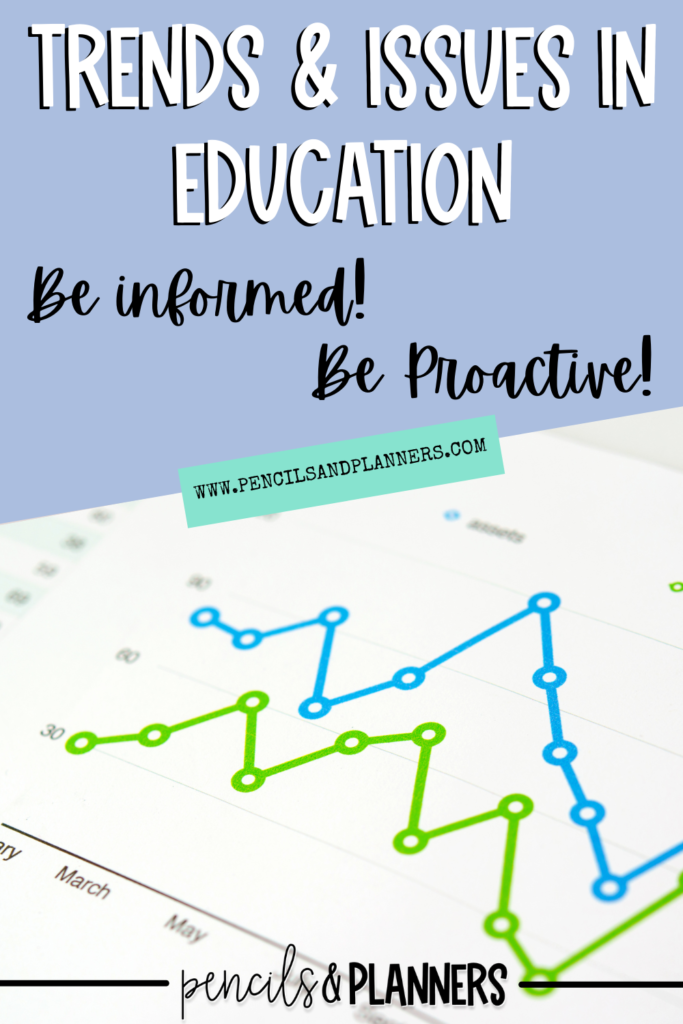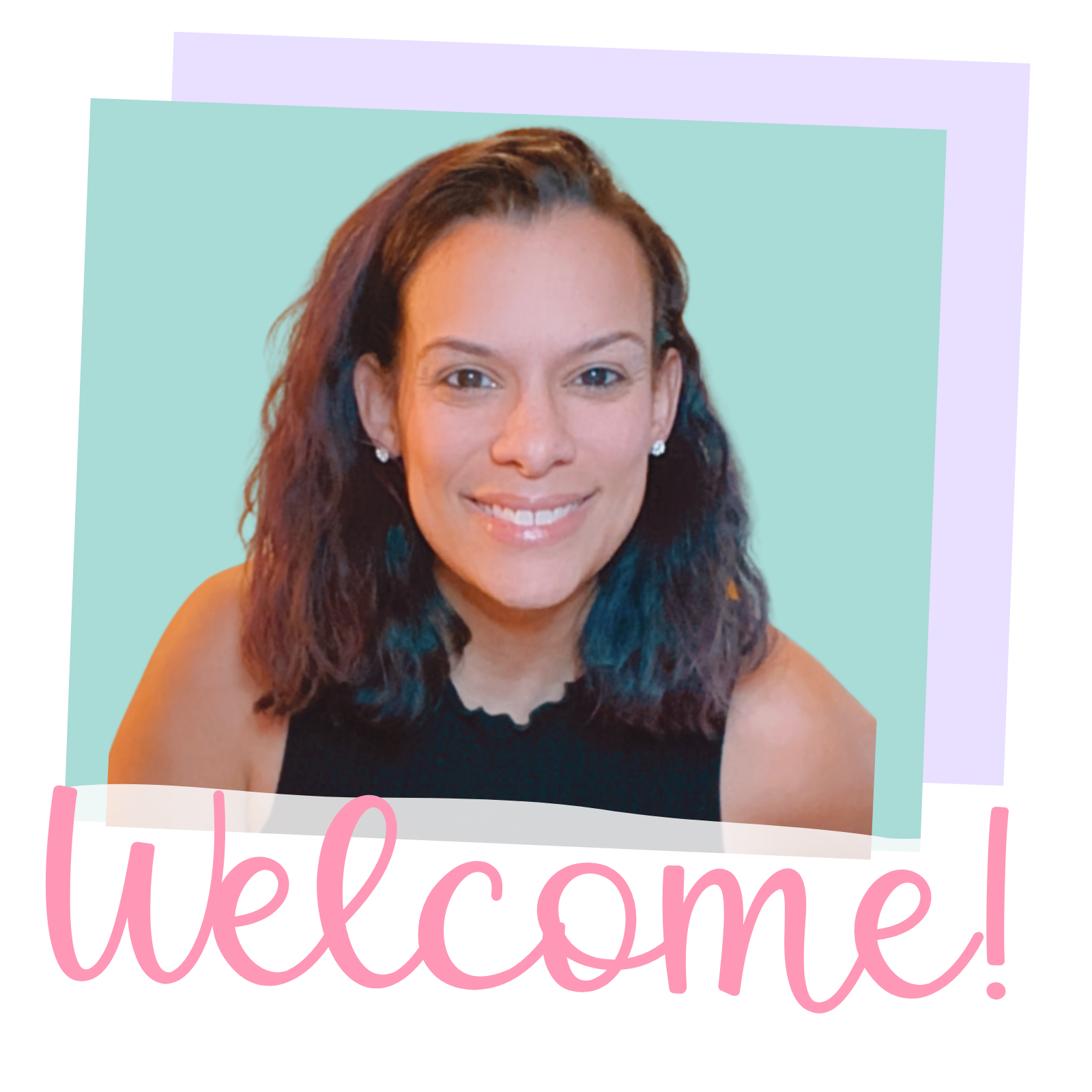You’ve finally made it to a pivotal time in your journey! It’s time to prepare for your job search! You probably have lots of questions OR you’ve heard lots of differing opinions. These 5 don’t-skip tasks will ease your search for teacher jobs. I’ll be sharing my two cents in this blog post, including:
- figuring out where you want to work
- learning about the school(s)
- know about your ideals.
- know about educational issues and trends.
- preparing your own questions about the school(s).
In upcoming posts, I’ll share details on everything you need from start to finish including: portfolios, resumes / cover letter, what to do the day of, questions asked, and questions TO ask. Keep a look out for those!
But don’t just swing by and not say hello! I’d love to hear what’s worked for you or what you are planning to do so take a look at all of the upcoming suggestions, tips, and resources but don’t leave without adding some of your top recommended tips and tasks in the comments!
Getting ready for your search for teacher jobs can be a daunting and overwhelming task. It doesn’t have to be. Your focus should be spent on being purposeful with your search, getting ready for the interview, feeling confident, and being you.
I got my first teaching job thanks to a friend who knew of an opening and referred me. When I realized I wanted to find my forever school, I followed these exact steps and tips. Not only did I start my journey following exactly what I’m sharing with you below, but it landed me the position I wanted at the school I wanted. That’s right, I got my dream teaching job at my dream school! So, let’s get started…

Starting Your Job Search
Before you land an interview, you will need to search for schools and prepare obvious articles like your resume and a cover letter.
If you’re near the end of your student teaching:
- brainstorm tasks you supported your cooperating teacher with
- list any lessons you lead
- List meetings, teams, activities, clubs, or community events you facilitated or participated in
If you’re a new teacher (or a teacher seeking a role at another school or district):
- list tasks you managed in your year(s) as a classroom teacher
- be concise and clear
- include leadership roles (e.g., grade leader, committees or clubs you ran, decisions you helped make)
We’ll talk more about your resume and cover letter in another post; you may also want to consider creating a portfolio. That’s coming up, too!
The #1 goal of your job search is to find your dream school. And to do that, there’s only one option – RESEARCH!

#1. WHERE should I teach?
If you’re staying in your city, hometown, or nearby – start by googling the neighborhoods and school..
- Consider how you’ll get there (i.e., public transportation or personal vehicle). Will you need access to parking? Do they offer parking? What is a typical day’s traffic look like?
- These questions may seem silly when you’re excited and eager to land a job but long commutes or multiple transfers on public transportation can wear on you over time.
- How long do you want your commute to be?
- Narrowing down the neighborhoods or towns you’d like to teach in will help when we get to your deeper research.
- List schools of interest.
- If you recognize a familiar neighborhood and find that there are 3 schools you’re interested in, write them down!
If you’re relocating, google schools and areas in tandem within range of your desired living arrangements or after you have that decided.
With your top list of schools, ready to go, now we go deep! I recommend listing anywhere from 10-20 schools, if possible. But no worries if you have 5, THAT’S GREAT TOO! What you learn throughout this series of blog posts will stay with you moving forward anytime you need it!

#2. Research schools.
Read through their vision statement, and see if you can locate their goals for the school year. Identify any key points that align with your beliefs and/or goals.
Is there something that makes your dream school unique? Have they won any awards or achievements? These points are perfect for tailoring your cover letter and noting during interview conversations.
Why DO YOU want to work THERE? Maybe their values draw you in or their extracurricular offers. Perhaps they’re a leading school in technology or STEM within the district, and you have a passion for it! If you know what the school is looking for or has become known for, you can better explain to the interviewer why you are a good fit for their school.
When I research schools, I even read through their staff handbook if it’s accessible. Most schools have their parent handbook online, you can skim through that to get an idea of policies, point people, etc.

#3. Know You as a Teacher.
You probably won’t have all the answers about what your room will look like and how it will run, especially if you’re graduating and looking for your first teaching job. And that’s okay! You’ll likely have some ideas you’ve seen on Pinterest or Teachergram or even ideas you’d like to incorporate in your own classroom that you observed with your cooperating teacher. You may also have very clear “no’s” that you don’t want to transfer or use in your classroom.
As an educator, you’ll make many decisions over the course of your career. Quite honestly, you’ll make many decisions in one day. Don’t feel like you need to have all your answers perfectly laid out, but do make sure you have some ideas brewing.
Researching the schools will also help when sharing ideas during an interview. You can better articulate how you can help the school and the students if you know their needs. Connect an initiative you’ve participated in or an initiative that is on the forefront for the prospect school. If you know what challenges they may be facing and their goals for the year align to overcoming those challenges, speak to how you can support, what can you add to the community. Make it clear that YOU are who they want to (and will) hire!

#4. Issues and Trends in Education.
Education is ever-changing. Technology for example has evolved… from types of equipment to how tech can be used in the classroom.
Think about and research education issues.
- For example, when the Novel Coronavirus-19 pandemic hit the United States, many were forced into distance learning, also called remote learning. How did that impact teachers? Instruction?
- When schools returned 100% in-person after approximately a year and a half, how did that time in online learning affect students, their stamina, their social-emotional skills, study skills, academic skills?
If you can speak to educational issues and how that knowledge informs your instruction, class management, and/or parent involvement – then you show proactivity and an understanding of current education and students.
Here are some other topics to consider ahead of time:
Understand the importance of classroom management, relationship building, expectations, and communication (both with parents and students). Discuss what you have learned (or witnessed) works well or doesn’t. Share stories where you’ve handled key situations (e.g., a disruptive student).
Be prepared with examples of checks for understanding, how you assess progress, utilizing a child’s IEP to ensure they have access to the general curricula, and supporting ELLs..
Have ideas for differentiation and enrichment, how do you plan to engage and motivate students, and how do you use data to guide instruction, tailor small groups, or meet students’ needs.
These topics in education are timeless. They will always be pillars of education but strategies and methods will change – be on top of it!

#5. What Questions Should I Ask?
While you research the school, list questions you’d like answered.
Ask questions that are specific to the school.
And allow for questions that encourage school leaders and hiring teams to boast about their accomplishments, visions/goals, and recognitions!
If you’re looking for questions that can be tailored to your dream school, look no further. I’ll be setting you up in a future post!
Need for more resources to help with your search for teacher jobs, check out:
- Strategy Education
- I Heart Teachers Part 1
- I Heart Teachers Part 2
Congratulations! You’ve taken the first step in your search for teacher jobs! Take these last tips with you and set aside some time to research this week! If you have questions along the way, reach out – I’m happy to jump on a Zoom call (totally free!) to help you start the search for your dream job! We’ll dive into researching, TOGETHER! Click here to email me and let’s chat!

5 Final Tips
Preparation will ease your worries before an interview. Here are some final tips as you start the search for teacher jobs and prepare to line up those interviews!
- Brainstorm anecdotes of positive stories to share about students, employees, and employers.
- Be ready to share about you – things that are relevant to education but also the person behind the teacher.
- Try to have examples for every answer.
- Know the lingo. Use the school’s website to learn more about what they use for curricula and know current education terms like RTI, IEP, MTSS, and AYP.
- Prep for common interview questions.
Good luck! You got this!
Landed your dream job already? Take a look at these helpful blog posts:



3 Responses